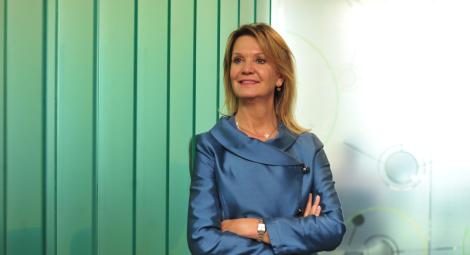Course Overview
Please note that the course is going through a re-design process and it is not available to be booked at the moment. Please email learning@ciwem.org for more information.
Working with partners – the Environment Agency, HR Wallingford, Jacobs, VolkerStevin and CIWEM - Brunel University London has created the Centre for Flood Risk and Resilience which aims to generate skills and knowledge in key stakeholders of flood risk and resilience, and thereby support the UK Government's Industrial Strategy.
This online eLearning course is designed for existing flood risk professionals (asset managers, partnership managers, flood risk managers) who wish to develop a deeper understanding of coastal flooding and associated science. It will be of particular interest to those who are looking for wider knowledge on flood risk modelling and the science behind it, as well as civil engineering and other graduates looking to develop specific knowledge of coastal flooding.
The focus of this short course is on fundamental processes linked coastal hazards, including floods and coastal erosion. It introduces key datasets and methods used in river flood risk assessment, referring to best practice guidance (e.g. UKCP18). It explores potential changes in coastal processes over different timescales in response to internal and external controls, including climate and sea level change.
Prior to enrolling on this course, we recommended that you have a basic understanding of coastal science, or have completed the free course An Introduction to Flood Risk and Resilience.
Please follow this link to book the course.


 understand fundamental climate, hydraulic and sediment processes operating in coastal zones
understand fundamental climate, hydraulic and sediment processes operating in coastal zones 




